Bangladesh Just Cancelled a ₹180-Crore Deal with India—What Went Wrong?
Ankita Rai | Fri, 23 May 2025
Bangladesh has abruptly cancelled a ₹180-crore defence deal with India’s GRSE, citing diplomatic tensions and shifting strategic priorities. While officially unexplained, the move is linked to political strains, India’s halted transshipment facilities, and Bangladesh’s growing ties with China. The deal’s cancellation marks a deeper realignment in South Asian geopolitics, raising concerns in India over the reliability of regional partnerships funded through its Line of Credit. As Bangladesh tilts toward China, India faces the challenge of recalibrating its diplomatic approach to retain influence in a rapidly evolving neighbourhood.
Photo:
In a move that has stirred diplomatic ripples across South Asia, Bangladesh recently cancelled a ₹180-crore defence contract with India’s state-owned Garden Reach Shipbuilders & Engineers (GRSE). The deal involved the construction of vessels for the Bangladesh Navy and was seen as part of a broader strategic engagement between the two neighbours. So, what led to this dramatic pullback, and what does it mean for India-Bangladesh ties?

The ₹180-crore contract was originally inked in 2021 between Bangladesh’s Ministry of Defence and GRSE, a key Indian shipbuilding company based in Kolkata. GRSE was to build patrol vessels for Bangladesh under India’s Line of Credit (LoC) extended to its neighbour—an initiative often aimed at strengthening regional defence partnerships and promoting indigenous military manufacturing.
However, recent developments suggest Bangladesh’s decision was more than just a logistical or financial reconsideration. Sources from Bangladesh’s Ministry of Defence have confirmed that the cancellation was not due to performance issues on GRSE’s part but rather stemmed from diplomatic reasons and changing national priorities.
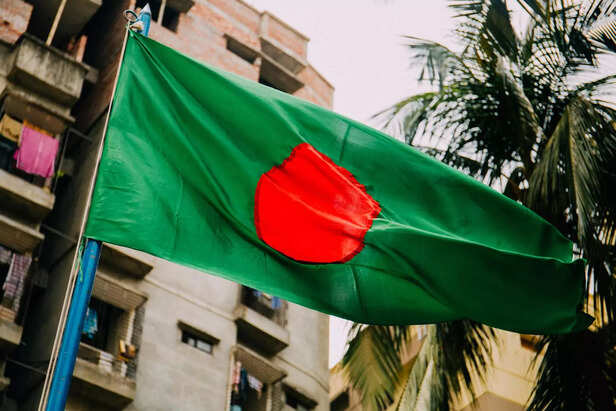
Though India and Bangladesh have long shared cultural ties and cooperative economic ventures, cracks in the relationship have begun to surface in recent months. According to diplomatic insiders, Dhaka’s decision reflects a broader strategic shift driven by several intertwined factors:
The political persecution of Nobel Laureate Muhammad Yunus by Bangladesh’s ruling government has drawn criticism from several quarters, including India. Yunus, once celebrated for his microfinance revolution, has become a political pariah at home. His global stature—and the backlash against his treatment—may have subtly influenced the diplomatic climate, adding pressure on bilateral relations.
The Sheikh Hasina government has been recalibrating its foreign policy post the January 2024 elections. With China making steady inroads in Bangladesh’s infrastructure, energy, and defence sectors, Dhaka appears to be embracing a more multi-aligned approach, hedging its bets between Delhi and Beijing.
In a tit-for-tat move, India’s recent decision to halt transshipment facilities for Bangladeshi goods through its northeastern ports has reportedly not gone down well with Dhaka. Bangladesh’s Commerce Adviser noted that the country will not face any problems due to India’s action, but the tone betrayed underlying friction.
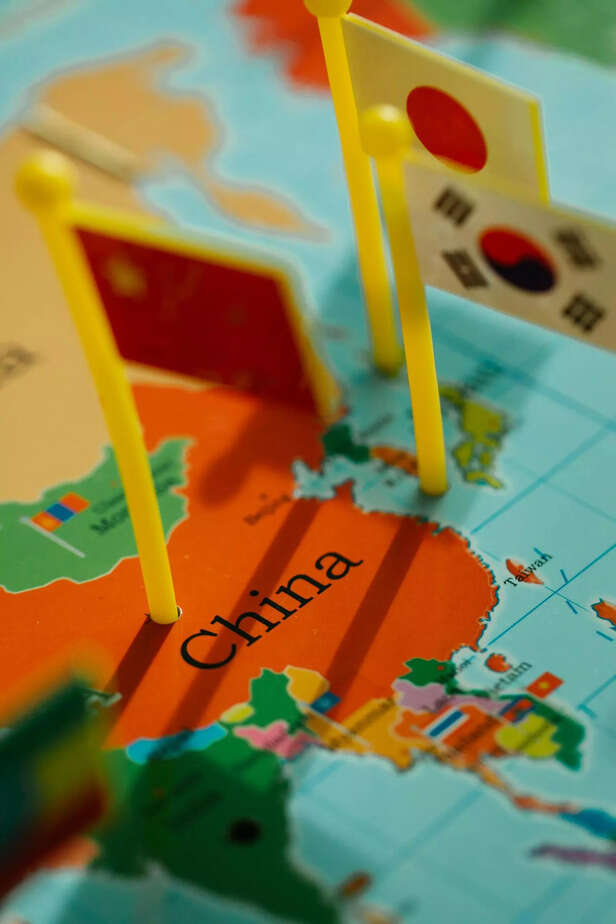
The timing of Bangladesh's move is telling. Barely weeks after scrapping the Indian defence deal, Dhaka signed new cooperation agreements with China—India’s biggest regional rival. Chinese firms are already involved in Bangladesh’s megaprojects such as the Padma Bridge rail link, Payra port development, and power sector upgrades.
Beijing’s influence in Bangladesh’s defence sector is also rising. Reports indicate that Bangladesh has opted for more Chinese-made military hardware, including submarines and missile systems, over Indian alternatives. In this context, the GRSE deal’s cancellation looks less like a solitary event and more like a symptom of Dhaka’s strategic pivot.
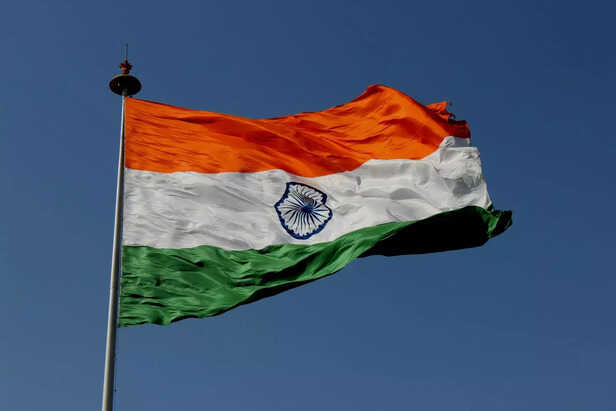
From New Delhi’s perspective, the move is both unexpected and concerning. India has traditionally viewed Bangladesh as a key ally in its “Neighbourhood First” and “Act East” policies. The defence deal, funded by India’s own LoC, was not just a transaction—it was a signal of mutual trust and regional solidarity. According to reports, Indian officials are now re-evaluating the effectiveness of extending soft loans to neighbours if such deals can be unilaterally scrapped without notice. There's also rising anxiety over how much India’s regional partnerships are vulnerable to Chinese counter-pressure. Yet, India is treading cautiously. Public statements from the Ministry of External Affairs have been measured, avoiding any overt criticism. Experts believe this restraint is deliberate—aimed at preventing further deterioration in relations while keeping diplomatic channels open.
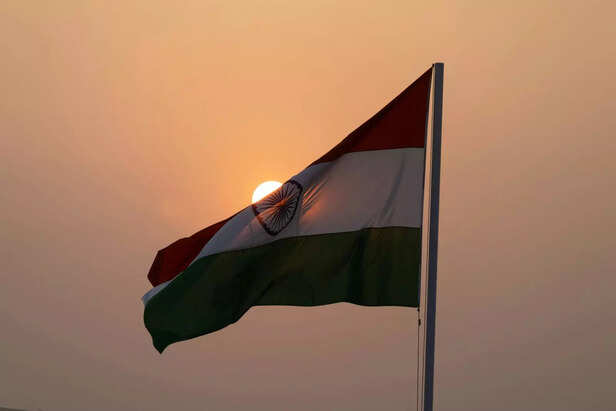
While the cancelled ₹180-crore deal is financially modest in the larger scope of international defence contracts, its symbolic value is immense. For India, it’s a cautionary tale about how easily trust can erode in geopolitically sensitive neighbourhoods. For Bangladesh, it marks a bold assertion of foreign policy independence—even at the risk of upsetting its largest neighbour.
More broadly, the episode hints at a shifting power dynamic in South Asia. As China continues to expand its footprint through the Belt and Road Initiative and direct bilateral deals, India is increasingly being challenged in what it once considered its traditional sphere of influence.
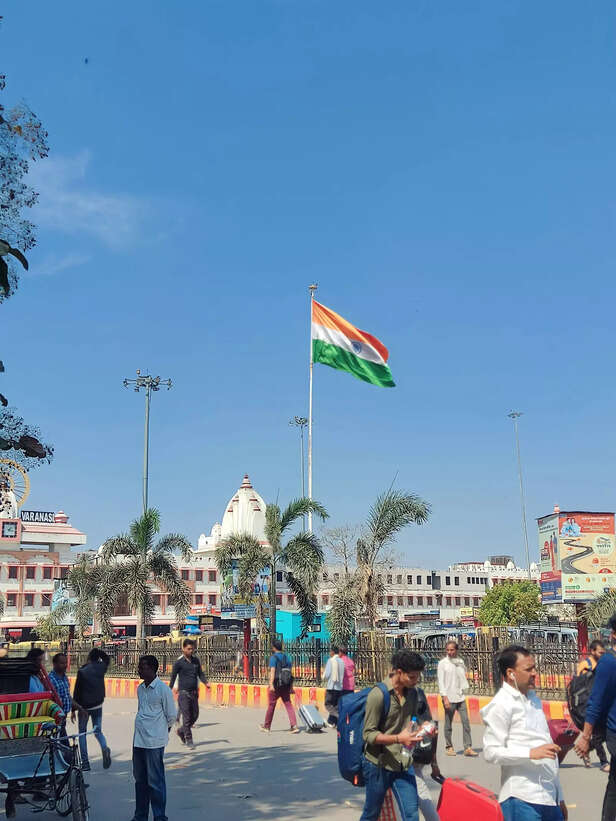
Despite the current chill, all is not lost between the two countries. India and Bangladesh still share robust trade, cross-border power exchanges, and cultural exchanges. But the fallout from this cancellation is a reminder that diplomacy in South Asia is no longer straightforward or predictable. If New Delhi hopes to retain strategic goodwill in Dhaka, it may need to rethink its outreach—moving beyond economic leverage and towards building more equitable, long-term partnerships. That might include re-engaging with Bangladesh's evolving political ecosystem, improving border management, and deepening people-to-people ties that transcend transactional agreements.
The scrapping of the ₹180-crore defence deal may be one cancelled contract on paper, but it’s far more on the geopolitical chessboard. It represents rising tensions, a diplomatic wake-up call, and the realignment of strategic loyalties in South Asia. As Bangladesh balances its position between two giants—India and China—the road ahead for bilateral ties may be less about past friendships and more about future negotiations.
Unlock insightful tips and inspiration on personal growth, productivity, and well-being. Stay motivated and updated with the latest at My Life XP.
The Deal That Sank

Deal
( Image credit : Pexels )
The ₹180-crore contract was originally inked in 2021 between Bangladesh’s Ministry of Defence and GRSE, a key Indian shipbuilding company based in Kolkata. GRSE was to build patrol vessels for Bangladesh under India’s Line of Credit (LoC) extended to its neighbour—an initiative often aimed at strengthening regional defence partnerships and promoting indigenous military manufacturing.
However, recent developments suggest Bangladesh’s decision was more than just a logistical or financial reconsideration. Sources from Bangladesh’s Ministry of Defence have confirmed that the cancellation was not due to performance issues on GRSE’s part but rather stemmed from diplomatic reasons and changing national priorities.
Rising Tensions Beneath the Surface

Bangladesh
( Image credit : Pexels )
Though India and Bangladesh have long shared cultural ties and cooperative economic ventures, cracks in the relationship have begun to surface in recent months. According to diplomatic insiders, Dhaka’s decision reflects a broader strategic shift driven by several intertwined factors:
The Yunus Factor:
Internal Political Realignments:
India’s Cancelled Transshipment Facilities:
China’s Shadow Over the Bay

China
( Image credit : Pexels )
The timing of Bangladesh's move is telling. Barely weeks after scrapping the Indian defence deal, Dhaka signed new cooperation agreements with China—India’s biggest regional rival. Chinese firms are already involved in Bangladesh’s megaprojects such as the Padma Bridge rail link, Payra port development, and power sector upgrades.
Beijing’s influence in Bangladesh’s defence sector is also rising. Reports indicate that Bangladesh has opted for more Chinese-made military hardware, including submarines and missile systems, over Indian alternatives. In this context, the GRSE deal’s cancellation looks less like a solitary event and more like a symptom of Dhaka’s strategic pivot.
India's Diplomatic Dilemma

Indian flag
( Image credit : Pexels )
From New Delhi’s perspective, the move is both unexpected and concerning. India has traditionally viewed Bangladesh as a key ally in its “Neighbourhood First” and “Act East” policies. The defence deal, funded by India’s own LoC, was not just a transaction—it was a signal of mutual trust and regional solidarity. According to reports, Indian officials are now re-evaluating the effectiveness of extending soft loans to neighbours if such deals can be unilaterally scrapped without notice. There's also rising anxiety over how much India’s regional partnerships are vulnerable to Chinese counter-pressure. Yet, India is treading cautiously. Public statements from the Ministry of External Affairs have been measured, avoiding any overt criticism. Experts believe this restraint is deliberate—aimed at preventing further deterioration in relations while keeping diplomatic channels open.
What's at Stake?

Indian flag
( Image credit : Pexels )
While the cancelled ₹180-crore deal is financially modest in the larger scope of international defence contracts, its symbolic value is immense. For India, it’s a cautionary tale about how easily trust can erode in geopolitically sensitive neighbourhoods. For Bangladesh, it marks a bold assertion of foreign policy independence—even at the risk of upsetting its largest neighbour.
More broadly, the episode hints at a shifting power dynamic in South Asia. As China continues to expand its footprint through the Belt and Road Initiative and direct bilateral deals, India is increasingly being challenged in what it once considered its traditional sphere of influence.
The Road Ahead

Indian flag
( Image credit : Pexels )
Despite the current chill, all is not lost between the two countries. India and Bangladesh still share robust trade, cross-border power exchanges, and cultural exchanges. But the fallout from this cancellation is a reminder that diplomacy in South Asia is no longer straightforward or predictable. If New Delhi hopes to retain strategic goodwill in Dhaka, it may need to rethink its outreach—moving beyond economic leverage and towards building more equitable, long-term partnerships. That might include re-engaging with Bangladesh's evolving political ecosystem, improving border management, and deepening people-to-people ties that transcend transactional agreements.
Conclusion
The scrapping of the ₹180-crore defence deal may be one cancelled contract on paper, but it’s far more on the geopolitical chessboard. It represents rising tensions, a diplomatic wake-up call, and the realignment of strategic loyalties in South Asia. As Bangladesh balances its position between two giants—India and China—the road ahead for bilateral ties may be less about past friendships and more about future negotiations.
Unlock insightful tips and inspiration on personal growth, productivity, and well-being. Stay motivated and updated with the latest at My Life XP.
Frequently Asked Questions (FAQs)
- Why did Bangladesh cancel the ₹180-crore defence deal with India?Due to rising diplomatic tensions, strategic shifts, and closer ties with China.
- Was the cancellation related to any fault by India’s GRSE?No, the decision was politically motivated and not linked to GRSE’s performance.
- How does this impact India-Bangladesh relations?It signals growing mistrust and a potential shift in Bangladesh’s foreign policy alignment.









